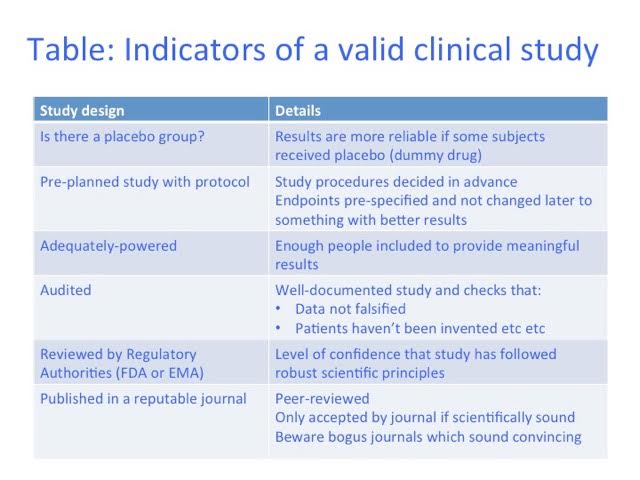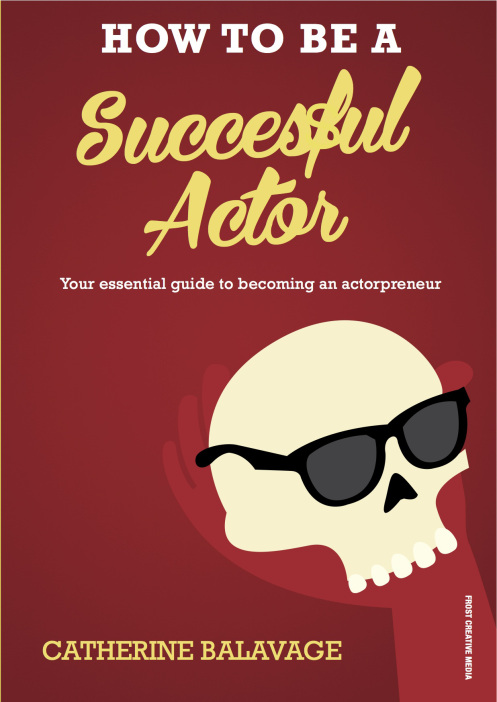When you think about it the human mind is an incredible thing. Cognition, the act or process of thinking, enables us to process immense amounts of information in the blink of an eye. Take just walking down your high street for example; you are multi-tasking walking with taking in stimuli such as sound, smell all whilst looking out for the latest offers. You may be consciously thinking about one specific thing, but you brain is processing thousands of subconscious ideas.
Unfortunately our cognition is not perfect, and there are certain judgment errors that we are prone to making, and left unchecked there are certain habits we can fall into with our thinking which can limit our success. In my own journey of change NLP played a huge part as the key statement is ‘That as you think, so you are’. It shares a lot with the field of psychology ideas that ‘Thought is linked to behaviour’.
I’m going to share with you the top ten faults. If any of these ring true for you don’t worry; they happen to everybody regardless of age, gender, education, intelligence. Some of them are well known, others not, but all of them are interesting. I am sure everyone will find that one has happened to them, (I myself have been prone to several) hopefully you recognise when they are making an error in the future.
10. Gambler’s Fallacy
The Gambler’s fallacy is the tendency to think that future probabilities are altered by past events, when in reality, they are not. Certain probabilities, such as getting a heads when you flip a (fair) coin, are always the same. The probability of getting a heads is 50%, it does not matter if you’ve gotten tails the last 10 flips. Thinking that the probabilities have changed is a common mistake, especially when gambling. For example, I am playing roulette. The last four spins have landed on black, it has to be red this time right? Wrong! The probability of landing on red is still 47.37% (18 red spots divided by 38 total spots). This may sound obvious, but this bias has caused many a gambler to lose money thinking the probabilities have changed.
9. Reactivity
Reactivity is the tendency of people to act or appear differently when they know that they are being observed. In the 1920s, a manufacturing facility commissioned a study to see if different levels of light influenced worker productivity. What they found was incredible, changing the light caused productivity to soar! Unfortunately, when the study was finished, productivity levels decreased to their regular levels. This was because the change in productivity was not due to the light levels, but to the workers being watched. This demonstrated a form of reactivity; when individuals know they are being watched, they are more likely to be motivated to change their behaviour, generally to make themselves look better. Reactivity is a serious problem in research, and has to be controlled in blind experiments (“Blind” is when individuals involved in a research study are purposely withheld information so as not to influence the outcomes).

8. Pareidolia
Pareidolia is when random images or sounds are perceived as significant. Seeing clouds in the shapes of dinosaurs, the image of Jesus on a slice of bread, or hearing messages when a record is played backward are common examples. The common element is that the stimulus is neutral, it does not have intentional meaning; the meaning is in fact the viewer’s perception and reflects as much about them as the situation. So if you are looking for something like a woman in am image you are much more likely to see just that.
7. Self-fulfilling Prophecy
This is perhaps the most powerful fault with human thinking. A self-fulfilling prophecy is a prediction that causes itself to become true. For example, I think my relationship with my significant other is going to fail, so I start acting differently, pulling away emotionally or I refuse to trust them because I have had negative experiences in the past and I think that every partner will cheat on me. Because of my actions, I actually cause the relationship to fail. This is a powerful tool used by so called “psychics” they may implant an idea in your mind and you eventually make it happen because you think it will.
When you start realising this it actually becomes quite shocking. There is an argument to say that Economic Recessions could be a self-fulfilling prophecy. Because a recession is 2 quarters of Gross Domestic Product (GDP) decline, you cannot know you are in a recession until you are at least 6 months into one. Unfortunately, at the first sign of decreasing GDP, the media reports a possible recession, people panic and start a chain of events that actually cause a recession.
6. Halo effect
The Halo effect is the tendency for an individual’s positive or negative trait to “spill over” to other areas of their personality in others’ perceptions of them. This bias happens a lot in employee performance appraisals. For example: my employee, Biff, has been late to work the past three days; I notice this and conclude that Biff is lazy and does not care about his job. There are many possible reasons why Biff was late, perhaps his car broke down, his babysitter did not show up, or there has been bad weather. The problem is, because of one negative aspect that may be out of Biff’s control, I assume that he is a bad worker.
The Physical Attractiveness Stereotype is when people assume that attractive individuals possess other socially desirable qualities, such as happiness, success and intelligence. This becomes a self-fulfilling prophecy when attractive people are given privileged treatment such as better job opportunities and higher salaries.
5. Group Polarisation
Sometimes called Herd Mentality or Mob Mentality, this is the tendency to adopt the opinions and follow the behaviours of the majority to feel safer and to avoid conflict. At its most common form this is none other than peer pressure. We see Herd Mentality in recent incidents such as the riots, but do you notice it at Christmas when everyone wants the latest toy or is perhaps looking at the latest fashion? Creating a must have attitude in consumers is the staple diet of Marketing execs and if they can create it even through viral exposure they will at any cost; all it takes is a group of people who think something is cool, and it catches on.
4. Reactance
Reactance is the urge to do the opposite of what someone wants you to do out of a need to resist a perceived attempt to constrain your freedom of choice. This is common with rebellious teenagers, but any attempt to resist authority due to perceived threats to freedom and/or choice is reactance. The individual may not have a need to do the specific behaviour, however the fact that they cannot do it makes them want to.
Reverse psychology is an attempt to influence people using reactance. Tell someone (particularly children) to do the opposite of what you really want, and they will rebel and actually end up doing what you want.
3. Hyperbolic Discounting
Hyperbolic discounting is the tendency for people to prefer a smaller, immediate payoff over a larger, delayed payoff. Much research has been done on decision-making, and many factors contribute to the individual decision making process. Interestingly, delay time is a big factor in choosing an alternative. Put simply, most people would choose to get £20 today instead of getting £100 one year from today. Assume that the interest rate is 9%, at this interest rate, a rational person would be indifferent to taking £91.74 now, or £100 a year from now. However, it is interesting how much less we are willing to take immediately rather than wait, would you rather have £100 a year from now, or £50 immediately? How about £40 immediately? Where do you draw the line?
There are huge connotations for a society who thinks this way. Just imagine how many people are putting off their pensions because they would rather have the money now than to start saving. Just imagine how many people are getting into debt because of quick fire loans of £1443% apr – Yes I have seen them.
My personal nickname for this is P.I.G – Personal Immediate Gratification and I don’t mind saying that it is the one that I had the most problems with. Essentially it is the ability to put off immediate gratification in favour of a longer term gain. If you read Frost regularly I’ll have more on this in the next few months
2. Escalation of Commitment
Escalation of commitment is the tendency for people to continue to support previously unsuccessful endeavours. With all the decisions people have to make, it is unavoidable that some will be unsuccessful. Of course, the logical thing to do in these instances is to change that decision or try to reverse it. However, sometimes individuals feel compelled not only to stick with their decision, but also to further invest in that decision because they have sunk costs. For example, say you use half of your life savings to start a business. After 6 months, it is evident that the business is going to be unsuccessful. The logical thing to do would be to “cut your losses” and drop the business. However, due to the sunk costs of your life savings, you feel committed to the business and invest even more money into the project hoping that the additional cash will turn the business around.
Just to be clear on this – faltering on the border of failure is not always a bad thing; many successful people I know have come close to bankruptcy many times, many relationships have bordered on the edge of breakdown and in many cases people come through stronger and more educated than before; in fact some would say failure is almost a pre-requisite to success. The key becomes knowing when to walk away and when to stay.
1. Placebo Effect
Number one in my book has to be the Placebo effect. This is when an ineffectual substance that is believed to have healing properties produces the desired effect. Especially common with medications, the placebo effect has been observed when individuals given a sugar pill for a real ailment reported improvement. Placebos are still very much a scientific mystery. It is theorised that placebos cause an “Expectancy Effect”, (In cases of uncertainty, expectation is what is most likely to happen) individuals expect the pills to cure their ailments, so they feel cured. However, this does not explain how the ineffectual pills actually cause a reduction in symptoms.
The term “Placebo” is used when the outcomes are considered favourable or positive, when the outcomes are negative or harmful; the term is called “Nocebo”





